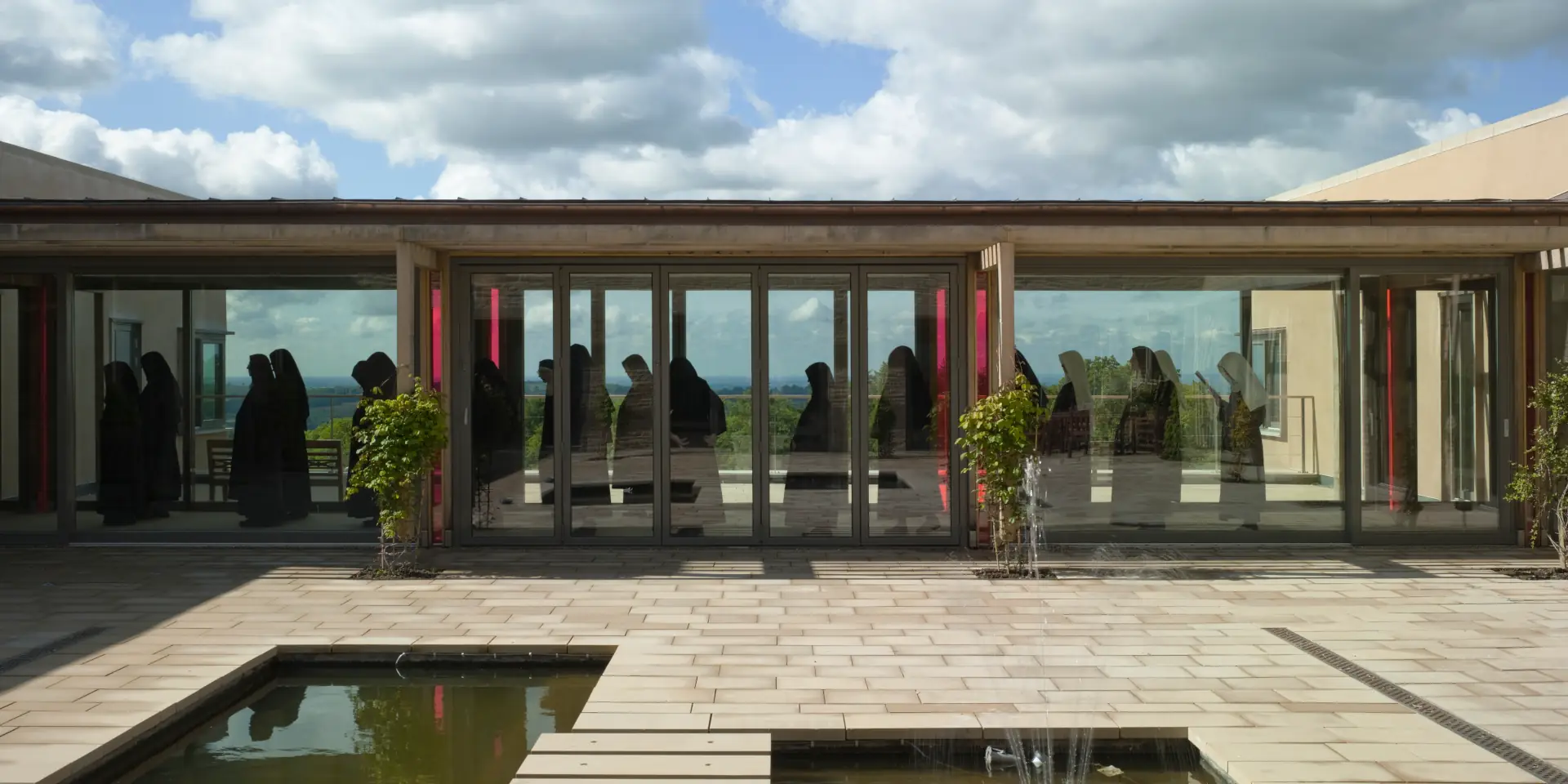At the time of the divine Office, as soon as the signal has been heard, let them abandon what they have in hand and assemble with the greatest speed, yet with gravity, so that no occasion be given for levity. Let nothing, therefore, be put before the Work of God. If anyone arrive at the Night Office after the Gloria of the ninety-fourth psalm, which we wish for this reason to be said very slowly and deliberately, let him not take his proper place in the choir, but stand last of all, or in the place apart which the abbot has appointed for such careless persons, so that they may be seen by him and by all; until, at the completion of the Work of God, he do penance by public satisfaction. The reason we have ordained that they should stand in the last place or apart, is that being seen by all they may amend for very shame. For if they were to remain outside the oratory, there might be one who would go to bed again and sleep, or at least sit himself down outside and indulge in idle talk, and thus an occasion would be provided for the evil one. But let them enter the oratory, that they may not lose the whole Office and may amend for the future. At the Day Hours let those who do not arrive at the Work of God until after the verse and the Gloria of the first psalm which follows it, stand in the last place, according to the ruling above, nor let them presume to join the choir of the brethren in the Office until they have made satisfaction, unless the abbot have pardoned them and given them permission. But, even so, the offender should make satisfaction for his fault.

